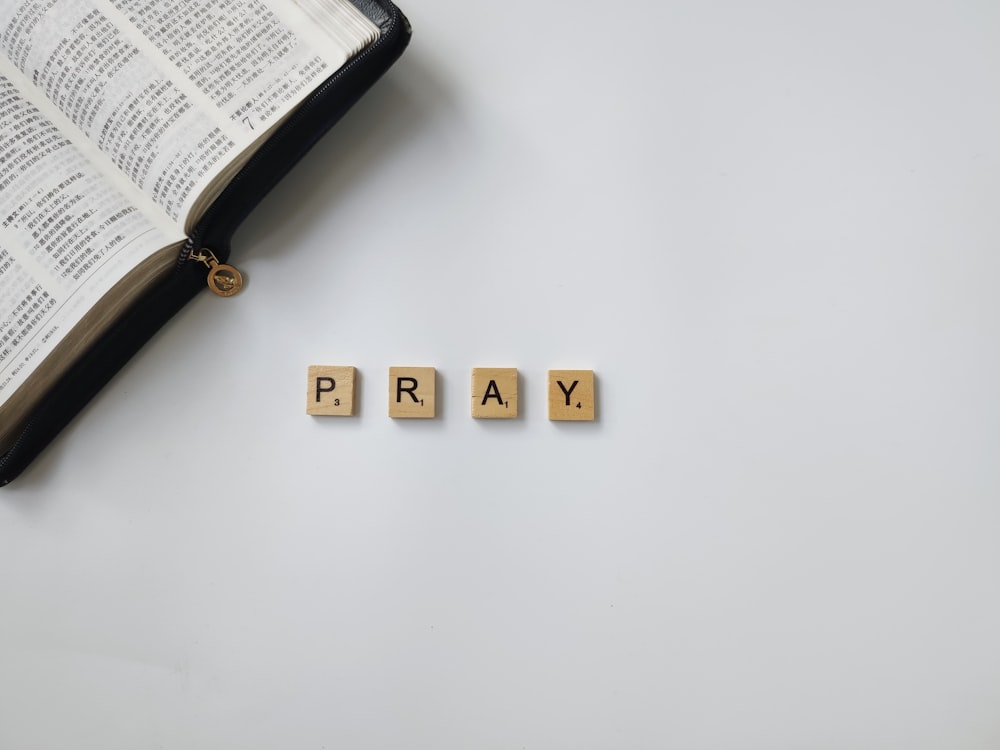
Photo by Amaury Gutierrez on Unsplash
Much of our lives are spent avoiding pain. And it makes sense because no one likes being in pain or difficulty. It makes sense that when it comes to our faith journey, we focus on the parts about joy, celebration, and happier feelings.
But that leaves us wondering what we do with our pain. What do we do when life hurts? When relationships become hard? How do we handle the difficult moments? How do we walk with a friend through difficult moments?
When they happen, we are usually unprepared for them; at least, I am. We often expect God to keep us from those situations and feelings; we expect God to bless our faithfulness when that blessing means ease and things going up and to the right.
But we see a different story through Scripture. We see that while pain and suffering are not God’s original design, they are part of living in a fallen, broken world. No one, including Jesus, is immune to pain and difficulty. We must learn how to navigate those moments and how they shape and impact our faith. God has given us ways to do that through the Psalms of Lament.
According to John Calvin, “The Psalms are the anatomy of all the parts of the soul. There is no human emotion that anyone finds in himself whose image is not reflected in this mirror. All our griefs, sorrows, fears, misgivings, hopes, cares, anxieties.”
The Bible has space for our feelings of grief, disillusionment, and heartache, so our faith needs to as well. But many of us today focus on happier feelings in the modern church.
To help with that, I encourage you to write your own lament. A lament has a few parts: Invocation, complaint, affirmation of trust, petition, statement of confidence, and vow of praise.
Invocation
This is where you ask for help. Here are some questions to consider:
- Who are you addressing? This might seem obvious, but we must know who we are addressing. The Psalms of Lament focus on the character and power of God. We must remind ourselves who God is and what he has promised to do.
- What are you asking for? Is it for sleep, peace, dealing with fear or anxiety?
- This is also a place to remind ourselves of what God has done in the past. List out how God has moved in your life and faith journey or the lives of others. In lament, we often only focus on our pain and grief, so our hearts must be reminded of what God has done.
Complaint
This part can be hard for many of us because it can feel “un-Christian,” but this is an important part of the lament. We have complaints, grief, and heartache to bring before God. He won’t strike you dead. The psalms are filled with complaints. People even complained to Jesus, like when Lazarus died and Martha came to Jesus and said, “If you had been here, our brother wouldn’t have died” (John 11:21). That’s a complaint.
Things to think through are:
- What is the problem? The issue that you are facing.
- What is your complaint?
- What do you think God has not done?
Part of the complaint in many psalms is also a time to confess our sins to God.
Affirmation of Trust
This is the place where we look to why we can trust God. What has God promised in his word? As you think of your complaint, what God has promised speaks to that. Here are some examples of promises of God.
Petition
This is the place where we ask God. Questions to help with this part are:
- What are we asking God to do?
- What are we asking God to heal or to deliver us from?
- Be specific in how you are asking God to move.
Often, I think we aren’t specific in our prayers because we don’t want to be disappointed if God doesn’t do something. But we must pray specifically.
Statement of Confidence
This is the place of hope. This is where we say, “God, I know you can answer. I know you can heal. I know you can change this person or situation.”
Vow of Praise
Many psalms end with a verse of praise. Even if God doesn’t do as I ask or on my timetable, I will still serve and praise Him.



